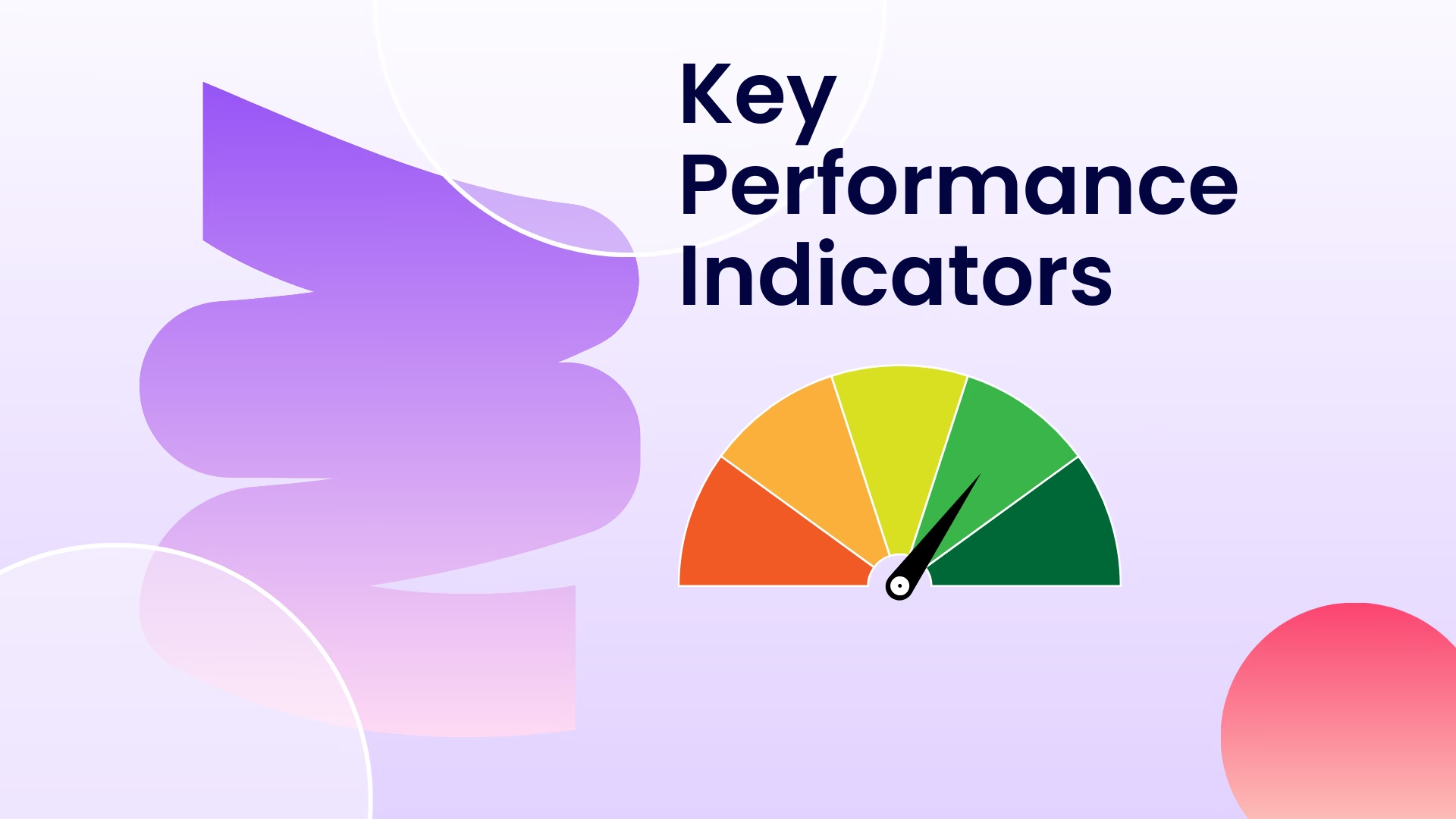
What Are Key Performance Indicators (KPIs)? An In-Depth Look at KPIs and Their Role in Measuring Business Success
Introduction:
Key Performance Indicators (KPIs) are the guiding metrics that help businesses assess their progress and make data-driven decisions. In this blog, we’ll explore what KPIs are, why they are essential for your business, and how they can be used to evaluate and measure success.
1. What Are Key Performance Indicators (KPIs)?
At their core, Key Performance Indicators (KPIs) are quantifiable metrics used to evaluate the success of a business, department, or individual in achieving specific objectives. KPIs help businesses track progress, make adjustments, and stay aligned with their goals.
The selection of KPIs varies depending on the business type, goals, and industry. However, the most effective KPIs are those that provide valuable insights into the company’s overall performance.
2. Why Are Key Performance Indicators Important for Business Success?
KPIs are essential for several reasons:
- Strategic Focus: KPIs help organizations stay focused on their primary objectives by measuring progress against goals.
- Data-Driven Decisions: With KPIs, businesses can use data to make informed decisions rather than relying on intuition alone.
- Accountability: KPIs encourage accountability within teams, ensuring that everyone is working toward common goals.
- Continuous Improvement: By tracking KPIs regularly, businesses can identify areas for improvement and optimize operations for better outcomes.
3. How to Identify the Right Key Performance Indicators (KPIs)
To ensure KPIs are effective, they should be:
- Specific: Define clear, actionable metrics that align with business goals.
- Measurable: Make sure they can be quantified or tracked using available tools and resources.
- Achievable: Set realistic targets based on data and industry benchmarks.
- Relevant: Ensure the KPIs directly impact your business objectives.
- Time-bound: KPIs should be tied to a specific time frame for tracking progress.
4. Common Examples of Key Performance Indicators (KPIs)
A. Sales KPIs
Sales KPIs are used to track revenue, lead generation, conversion rates, and customer acquisition cost. Examples include:
- Revenue Growth
- Customer Acquisition Cost (CAC)
- Lead Conversion Rate
B. Marketing KPIs
Marketing KPIs measure the effectiveness of campaigns, customer engagement, and return on investment (ROI). Common marketing KPIs include:
- Website Traffic
- Social Media Engagement
- Customer Lifetime Value (CLV)
C. Financial KPIs
These KPIs are used to track the financial health of the business, ensuring profitability and sustainability. Some financial KPIs are:
- Profit Margin
- Return on Investment (ROI)
- Cash Flow
5. How to Use Key Performance Indicators (KPIs) to Measure Success
Once the KPIs are defined, they need to be monitored regularly. Businesses can set up dashboards and reporting systems to measure these metrics in real time. Here are a few tips on how to use KPIs effectively:
- Review KPIs Regularly: Schedule regular meetings to discuss KPI results and make necessary adjustments.
- Benchmark Against Industry Standards: Compare your KPIs with industry standards to ensure your business is competitive.
- Focus on Actionable Metrics: Prioritize KPIs that provide actionable insights, rather than those that are only interesting to track.
- Refine KPIs Over Time: As the business evolves, adjust KPIs to reflect new goals and challenges.
6. Challenges in Implementing Key Performance Indicators (KPIs)
While KPIs are powerful tools, they come with challenges:
- Selecting the Right KPIs: Identifying the most meaningful KPIs can be difficult, especially in large organizations.
- Overcomplicating Metrics: It’s tempting to track too many KPIs, but too many metrics can lead to confusion and inefficiency.
- Data Accuracy: Inaccurate data can lead to poor decisions. Ensuring data integrity is crucial for reliable KPI tracking.
- Changing Business Goals: As business goals evolve, so should the KPIs. Not adjusting KPIs to align with shifting objectives can result in misleading insights.
7. Best Practices for Using Key Performance Indicators (KPIs) Effectively
- Set Clear Objectives: Ensure KPIs are directly tied to the company’s strategic goals.
- Use Real-Time Data: Implement tools that provide real-time data to track KPIs instantly.
- Regularly Review KPIs: Make it a habit to review KPIs and adjust strategies as needed.
- Align KPIs with Team Performance: Each department or team should have KPIs aligned with the overall business objectives to ensure company-wide success.
Conclusion:
In conclusion, Key Performance Indicators (KPIs) are essential for measuring the success of any business. By defining and tracking the right KPIs, businesses can stay focused, make informed decisions, and continuously improve. With a clear understanding of how KPIs work and how to implement them effectively, companies can ensure they are always on the right path to success.

